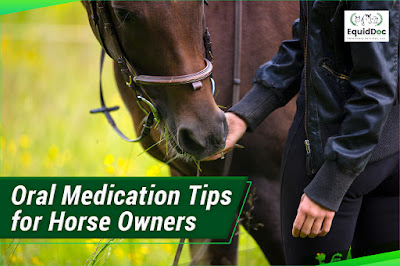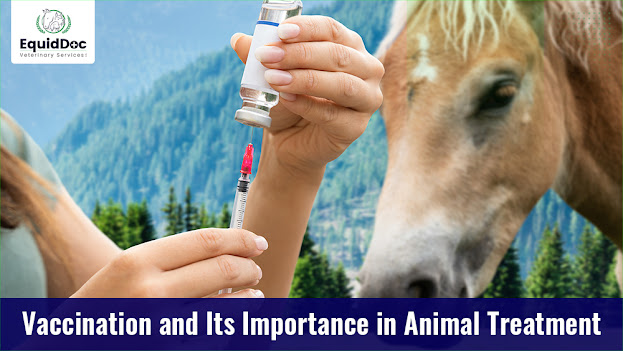What Should You Have on Hand to Provide Basic First Aid to Your Pet?
A thermometer: One of the most important things you can do before you call us is to take your animal's temperature. For horses and camelids normal is 99-101.5F. Normal for sheep and goats is 101-104F.
Anti-inflammatories: We always recommend that you have either bute or banamine on hand to administer as directed. Timely administration of these medications can help prevent swelling and help control pain while we are on our way. Please ALWAYS call us before giving these types of medications.
Gloves: We recommend having a clean pair of exam gloves on hand for wound cleaning or medication administration. Be careful what you touch with your dirty barn hands!
Antiseptic and bandage material: You should have a few items available to clean and protect a wound prior to further evaluation. We recommend betadine/iodine scrub (diluted with water) and gauze pads for initial wound cleaning. For bandaging material, place a sterile non-stick pad directly against the wound, a thick cotton layer to protect the tissue from bandaging pressure, brown rolled gauze provides gentle compression and Vetrap keeps everything in place.
Epsom salts and foot bandage material: Foot abscesses are the most common cause of toe-touching lameness in the horse. Epsom salts can be added to a bucket of warm water to soak the foot and help draw out the abscess. Then keep the foot clean with a basic hoof bandage of a baby diaper, held on by Vetrap, and waterproofed with duct tape.
If you have any additional questions about how to build your own or if you would like to purchase a first aid kit from EquidDoc, please do not hesitate to call 508-885-4205.
Anti-inflammatories: We always recommend that you have either bute or banamine on hand to administer as directed. Timely administration of these medications can help prevent swelling and help control pain while we are on our way. Please ALWAYS call us before giving these types of medications.
Gloves: We recommend having a clean pair of exam gloves on hand for wound cleaning or medication administration. Be careful what you touch with your dirty barn hands!
Antiseptic and bandage material: You should have a few items available to clean and protect a wound prior to further evaluation. We recommend betadine/iodine scrub (diluted with water) and gauze pads for initial wound cleaning. For bandaging material, place a sterile non-stick pad directly against the wound, a thick cotton layer to protect the tissue from bandaging pressure, brown rolled gauze provides gentle compression and Vetrap keeps everything in place.
Epsom salts and foot bandage material: Foot abscesses are the most common cause of toe-touching lameness in the horse. Epsom salts can be added to a bucket of warm water to soak the foot and help draw out the abscess. Then keep the foot clean with a basic hoof bandage of a baby diaper, held on by Vetrap, and waterproofed with duct tape.
If you have any additional questions about how to build your own or if you would like to purchase a first aid kit from EquidDoc, please do not hesitate to call 508-885-4205.



Comments
Post a Comment